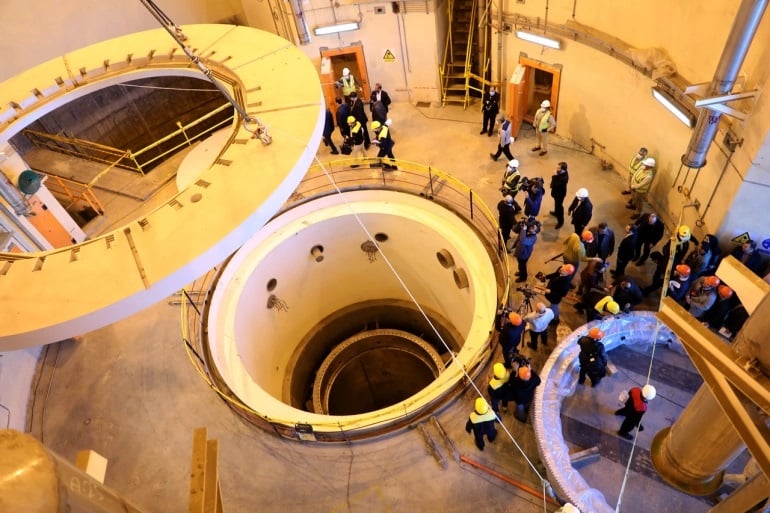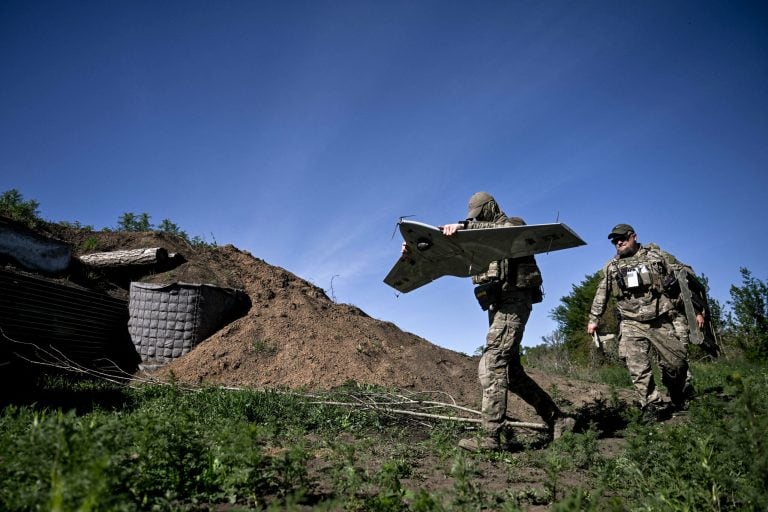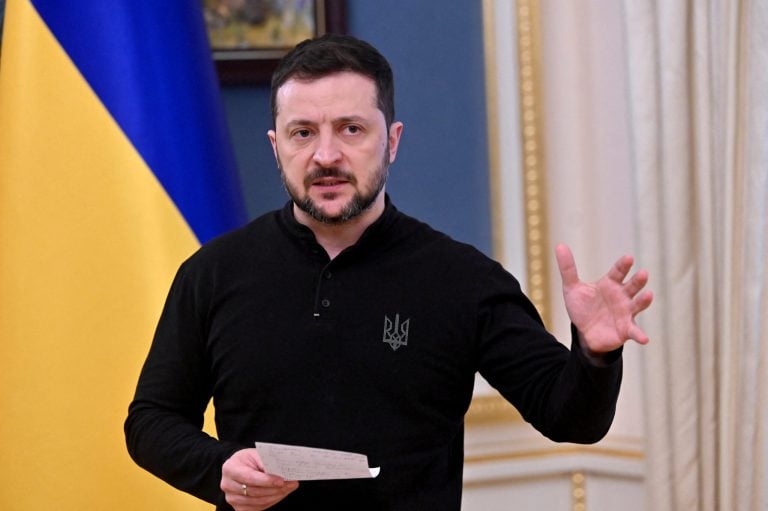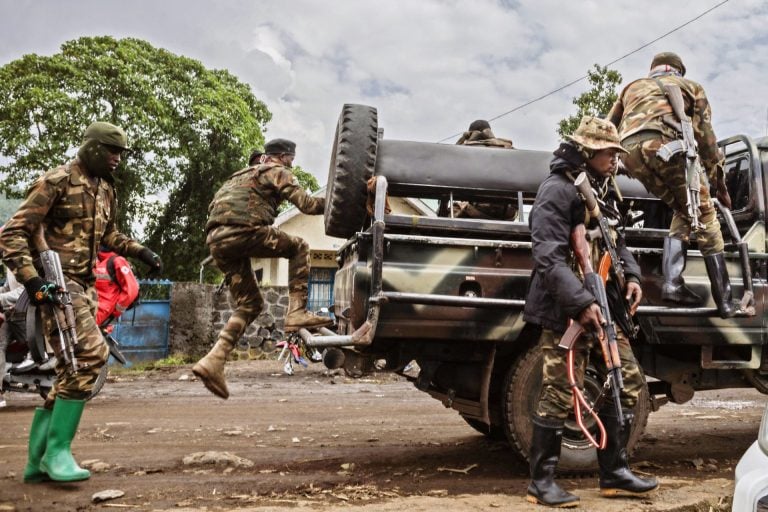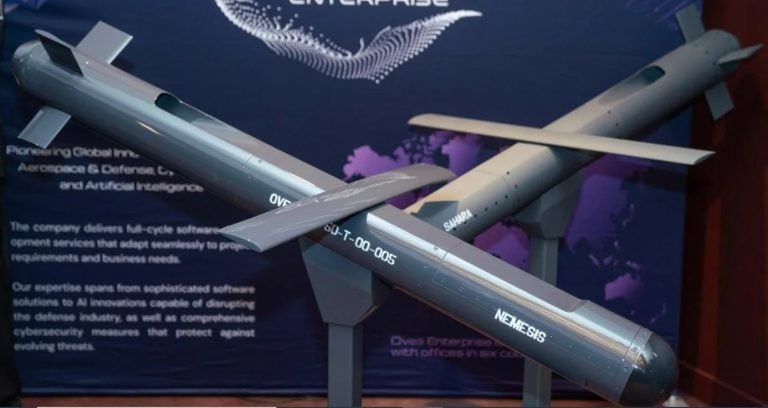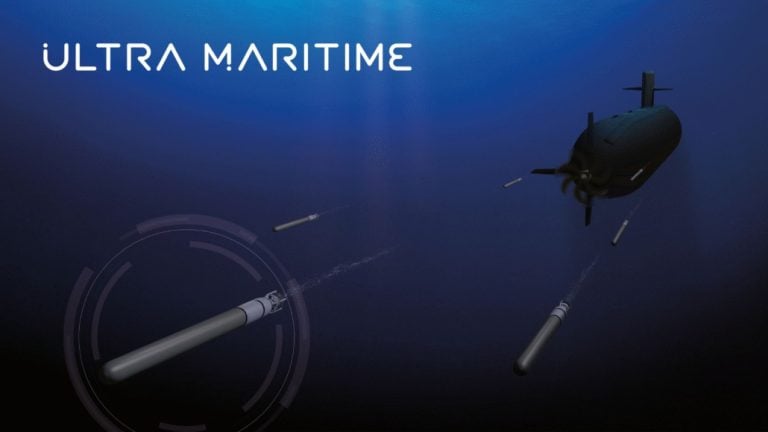The Iranian and Russian presidents engaged in discussions regarding Tehran’s nuclear program amid escalating tensions with European powers, which have threatened to reimpose sanctions due to the stalled 2015 nuclear agreement. Britain, France, and Germany have indicated plans to activate a “snapback mechanism” that would reinstate United Nations sanctions, previously lifted under the agreement, unless Iran curtails its uranium enrichment and reinstates cooperation with the International Atomic Energy Agency (IAEA) inspectors.
Following these developments, Iran is scheduled to hold talks with the European trio in Geneva. Russian President Vladimir Putin communicated with Iran’s Masoud Pezeshkian, as confirmed by the Kremlin. Although specific details of their conversation remain undisclosed, the Iranian presidency reported that Pezeshkian expressed gratitude towards Putin for supporting Tehran’s entitlement to uranium enrichment. He reiterated that Iran has no intention of pursuing nuclear weapons.
As political, military, and economic ties between Iran and Russia strengthen—particularly during Russia’s military operations in Ukraine—Iran has frequently sought to align its stance with both Russia and China ahead of crucial nuclear negotiations with the United States and European nations.
In a reporting by Russia’s Kommersant newspaper, it was indicated that Moscow is opposed to the proposed “snapback” sanctions. The Russian foreign ministry characterized the explicit threats from Britain, Germany, and France to activate this mechanism as a significant destabilizing influence in the region.
Russia is a key participant in the 2015 Joint Comprehensive Plan of Action (JCPOA), which aimed to provide Iran with sanctions relief in exchange for limitations on its nuclear program. Iran has contested the legality of invoking the treaty’s snapback clause, blaming European nations for failing to fulfill their commitments under the agreement.
Following a 12-day conflict with Israel earlier this year, Iran ceased cooperation with the IAEA, citing the agency’s inadequate response to Israeli and U.S. airstrikes targeting its nuclear facilities.
